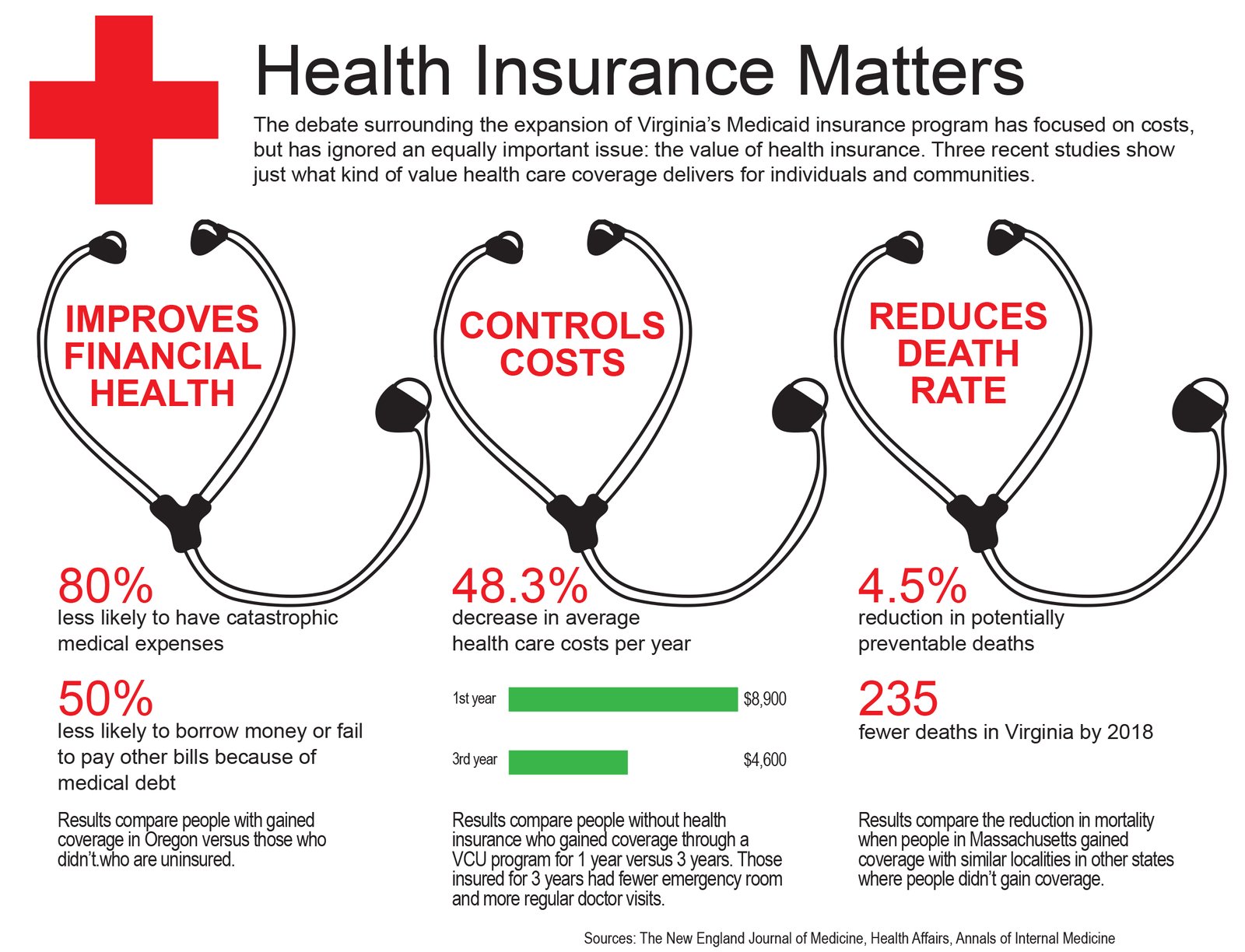
Navigating the Health Insurance Maze: A Comprehensive Comparison of Employer-Sponsored Health Insurance vs. Individual Plans
In the complex landscape of healthcare, individuals are faced with critical decisions regarding their coverage Health Insurance. Two primary options dominate the market: Employer-sponsored Health Insurance and Individual Plans. Both have distinct advantages and disadvantages, making it imperative for individuals to understand the nuances of each before making an informed choice. This comprehensive guide delves into the intricacies of these options, exploring their features, costs, and implications for individuals and businesses alike.
Employer-sponsored health insurance:
Definition and overview:
Employer-sponsored health insurance (ESHI) is a type of health coverage provided by an employer to its employees. This form of insurance is a cornerstone of employee benefits packages, contributing significantly to an individual’s overall compensation.
Advantages of ESHI:
Group Coverage Dynamics: ESHI often leverages the power of group coverage, spreading the risk across a pool of employees. This results in more comprehensive coverage and lower premiums for individual employees. Employer Contributions: Employers typically contribute a substantial portion of the premium costs, making ESHI more affordable for employees compared to individual plans.
Pre-tax premiums:
ESHI premiums are often deducted from employees’ salaries before taxes, providing a tax advantage and reducing the overall financial burden.
Limitations of ESHI:
Limited Choice: Employees may have limited options when it comes to choosing healthcare providers and plans, as employers pre-select a network of providers. Job Dependency: The coverage is tied to employment, creating uncertainties for individuals who may lose or change jobs.
Individual Health Insurance Plans:
Definition and overview:
Individual Health Insurance Plans are policies purchased by individuals directly from insurance providers. These plans are not tied to employment and offer more flexibility in terms of coverage and provider choices.
Advantages of Individual Plans:
Flexibility: Individuals have the freedom to choose from a variety of plans, tailoring coverage to their specific needs and preferences. Portability: Unlike ESHI, individual plans are not tied to employment, providing individuals with continuity of coverage regardless of job changes. Customization: Individuals can select coverage options, deductibles, and add-ons based on their unique healthcare requirements.
Limitations of Individual Plans:
Higher Premiums: Individual plans often come with higher premiums compared to employer-sponsored options, as the risk is not spread across a large group. Limited Employer Contributions: Individuals are responsible for the full cost of premiums, without the benefit of employer contributions.
Cost Comparison:
Premiums:
Analyzing the average premiums of ESHI and Individual Plans, taking into account factors such as age, location, and coverage type. The impact of employer contributions on reducing the overall cost of ESHI for employees. Evaluating the total cost of ownership, considering out-of-pocket expenses, co-pays, and deductibles.
Tax implications:
The tax advantages associated with ESHI premiums being deducted pre-tax, reduce an individual’s taxable income.
Exploring potential tax credits and deductions available for individuals with individual health plans.
Coverage comparison:
Network Accessibility:
Examining the size and accessibility of healthcare provider networks in both ESHI and Individual Plans. Assessing the impact of network limitations on the ability to choose preferred healthcare providers.
Comprehensive coverage:
Analyzing the scope of coverage provided by both options, including preventive care, prescription medications, and specialist services. Understanding the potential gaps in coverage and the need for supplemental insurance.
Flexibility and control:
Employer-sponsored flexibility:
Exploring the flexibility, if any, that employees have in customizing their coverage under ESHI. Assessing the level of control employees have over plan choices and changes.
Individual Plan Control:
Highlighting the ability of individuals to tailor their coverage to meet their specific needs and preferences. Examining the ease with which individuals can modify their plans, and add or remove coverage options Health Caree Tips.
Impact on Employee Satisfaction and Retention:
Employee satisfaction:
Analyzing the role of health insurance in overall employee satisfaction. The influence of comprehensive coverage and employer contributions on employee morale.
Retention strategies:
Investigating how offering robust health benefits, whether through ESHI or alternative approaches, contributes to employee retention. Identifying the factors that influence employees to stay with an employer based on their health insurance offerings.
Future Trends and Considerations:
The Evolving Healthcare Landscape:
Discuss potential shifts in the healthcare industry that may impact the dynamics of both ESHI and Individual Plans. Emerging trends in the employer-sponsored benefits and individual health insurance markets.
Legislative changes:
The influence of government policies and legislative changes on the health insurance landscape. Anticipating how future regulations may shape the options available to individuals and employers.
Conclusion:
In conclusion, the choice between Employer-Sponsored Health Insurance and Individual Plans is a complex decision that requires a thorough understanding of individual needs, preferences, and financial considerations. This comprehensive comparison has shed light on the advantages and limitations of both options, allowing individuals and businesses to make informed decisions that align with their healthcare goals. As the healthcare landscape continues to evolve, staying abreast of changes and proactively adapting insurance strategies will be crucial for ensuring optimal coverage and well-being.




